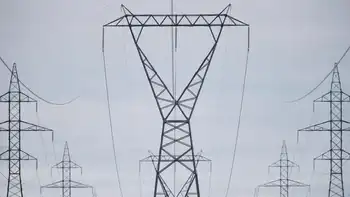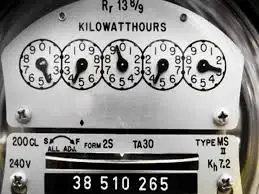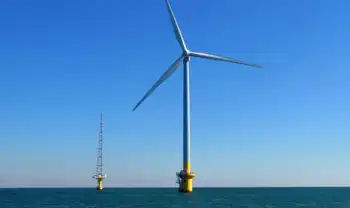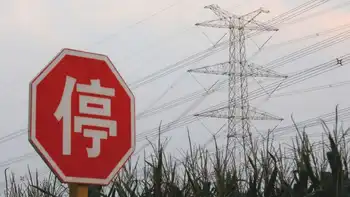DurhamÂ’s new programs are green with energy
By Toronto Star
NFPA 70e Training - Arc Flash
Our customized live online or in‑person group training can be delivered to your staff at your location.

- Live Online
- 6 hours Instructor-led
- Group Training Available
The one-year Energy Audit Techniques certificate program will teach students how to conduct energy audits on homes and buildings, and how to improve energy efficiency.
The two-year Renewable Energy Technician diploma program will teach students how to install, repair and maintain renewable energy systems such as wind turbines, solar panels and ground-source heat pumps.
Both courses start in September at the college's Skills Training Centre in Whitby.
"These innovative programs are a direct reflection of the growing need to address alternative energy sources, and how they will be managed and maintained without negatively affecting the environment," says Marj Rempel, dean of the School of Applied Sciences, Apprenticeship, Skilled Trades and Technology.
She says graduates of the audit program will be in high demand, as all levels of government, business owners and homeowners become more determined to improve energy efficiency.
"Basically, the graduates will be able to conduct an energy audit on your house, shop or factory," says Rempel. "The course will teach them to operate the equipment and software that will be able to calculate energy use – where it's working or where it's not.
"The technicians will be able to find things such as heat loss, inefficient and wasteful cooling systems and areas that aren't insulated properly."
She suggests the recent proposal by the provincial government to make home energy audits mandatory for anyone selling a home or condo will further boost demand for these graduates.
"In a few years, energy audits will just be a fact of life," she says. "It will be a process in the purchasing or selling of a home. It will benefit everyone... a cleaner environment and the enormous saving of wasted energy."
The two-year course is a more encompassing program and will produce front line workers who know the ins and outs of the installation, repair and maintenance of renewable energy systems including solar and wind power and ground source heat pumps.
"More and more subdivisions will be using these types of alternative energy sources and these (graduates) will be the people who will be in charge of putting them in," she says. "They will leave here highly qualified and educated on all aspects of alternative energy sources."
She says the introduction of both courses couldn't be more timely, with the energy sector changing and advancing more than any other time.
"High-demand jobs in the energy sector are projected to continue to increase, with market dynamics in energy conservation and sustainable/renewable energy changing and developing faster than at any time in prior decades," says Rempel. "It's an incredible program to get involved in."
The courses were developed following discussions with energy-sector officials about the employability of graduates from the college's energy-related programs.
It became clear that the demand for auditors and technicians was expected to grow, creating the need for specialized programs in the field.











